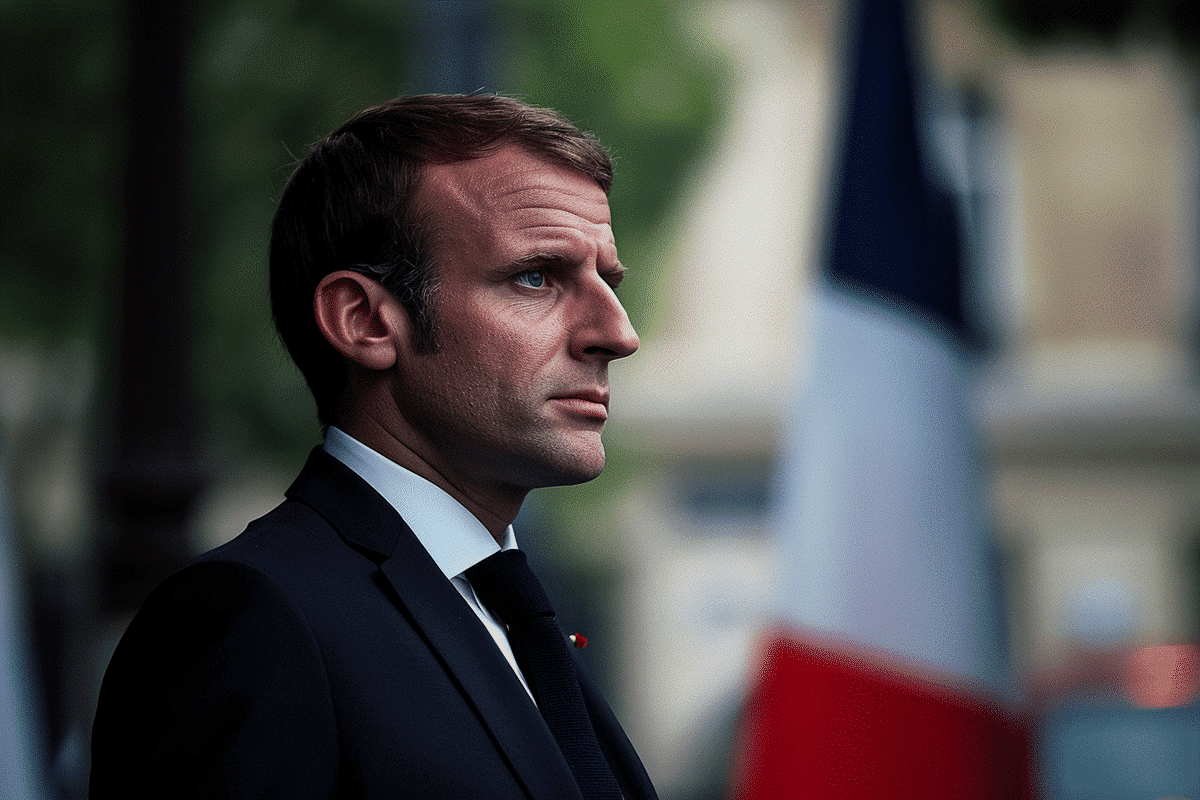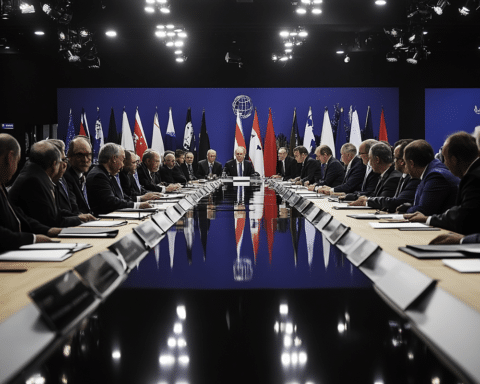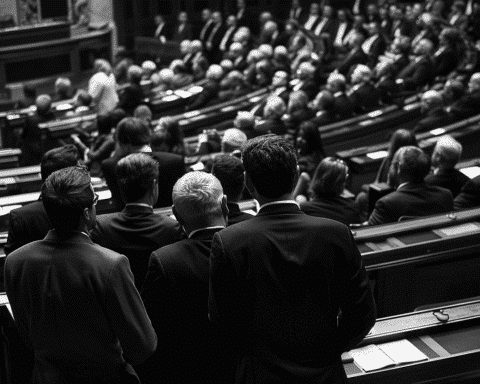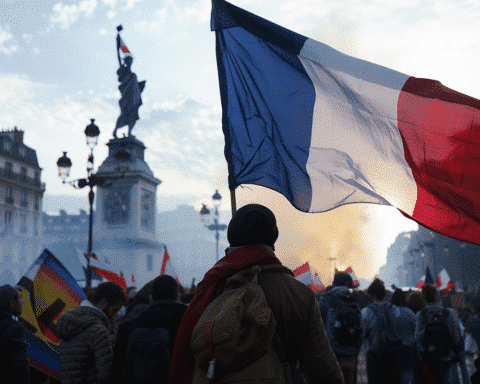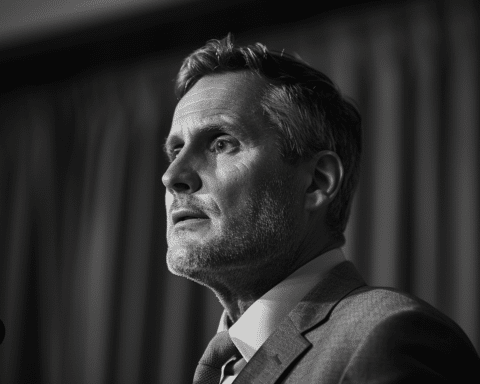French President Emmanuel Macron is currently engaged in vital discussions with key political figures to resolve a significant political deadlock and form a new government. This action follows recent snap legislative elections that resulted in a hung parliament, which has intensified existing social tensions and highlighted the country’s increasing debt problems. The need for a functional and effective government has become urgent, pushing Macron to navigate these challenges immediately after the excitement of the Paris Olympics and a brief Mediterranean vacation.
The legislative elections last month left the French National Assembly, the powerful lower house of parliament, without a clear majority. Macron’s centrist alliance secured second place, trailing behind the left-wing New Popular Front coalition. The far-right National Rally took third place. With no dominant political force, Macron is tasked with selecting a new prime minister capable of forming a government that can steer the country through these turbulent times.
Macron began consultations on Friday with various political players to identify a suitable prime minister candidate. The New Popular Front, comprising the hard-left France Unbowed, Socialists, and Greens, which won the most seats in the elections, is urging Macron to make a swift decision. Lucie Castets, a relatively unknown civil servant, has been put forward by the coalition as their preferred candidate for prime minister. Castets has expressed her willingness to govern and work towards compromises necessary to achieve political stability.
Despite these developments, the New Popular Front controls only about a third of the seats in the National Assembly. This limitation raises concerns about the coalition’s ability to gather the required parliamentary support. Macron, who has the constitutional authority to appoint the prime minister, is not bound to choose a candidate from the party with the most seats. His decision is expected to be influenced by the need to ensure a stable majority, a challenging task given the current fragmented political landscape.
Meetings with other political groups are also on Macron’s agenda. Representatives from centrist and conservative factions have already been part of the discussions. Leaders of the far-right National Rally, including Marine Le Pen and Jordan Bardella, are scheduled to meet with Macron early next week. The French President is aiming to gather insights from these consultations to form a government that can command broad and stable support, navigating through the complex political scenario.
During the talks, it was acknowledged that the recent election results sent a clear message from the French electorate. However, Macron appears cautious about allowing an opposition party to form the government, likely seeking to avoid the potential instability of such an arrangement. Left-wing leaders have criticized Macron’s perceived indecision, citing his involvement in the Olympics and a subsequent vacation as unnecessary delays in addressing pressing national issues. They argue that immediate action is required to tackle urgent problems facing the country.
The New Popular Front insists that, as the largest group in the National Assembly, their representative should lead the government. Nonetheless, there is significant opposition from centrist, right-wing, and far-right politicians, who have indicated they would challenge any government that includes members of France Unbowed, a key component of the New Popular Front.
Macron is reportedly considering a range of potential prime minister candidates beyond Castets. Names circulating in the media include Bernard Cazeneuve, a center-left politician known for his role during the 2015 terror attacks, Xavier Bertrand, a moderate figure within the French right, and Michel Barnier, a conservative politician and former EU chief negotiator for Brexit talks.
Macron’s final decision on appointing a new prime minister will aim to create a coalition that spans from the center-left to the traditional right, thereby establishing the broadest and most stable majority possible. This approach reflects Macron’s strategy to navigate the unprecedented lack of a clear political majority, ensuring France’s governance remains effective and responsive to the country’s current challenges.
By engaging in comprehensive consultations and considering a wide array of political perspectives, Macron is working to forge a government that can unify the divided National Assembly and address France’s pressing issues effectively.
